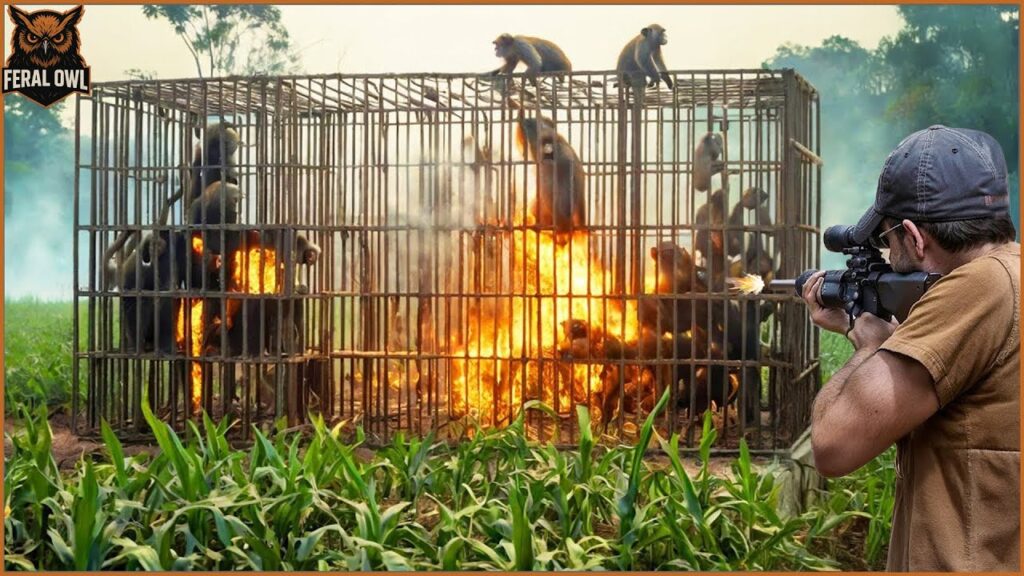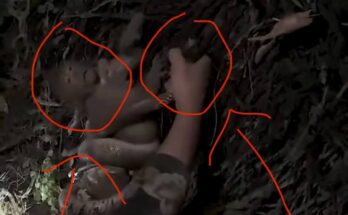
Across the vast landscapes of South Africa, a silent battle unfolds between humans and one of nature’s most intelligent survivors — the invasive monkey. Over the years, the country has witnessed an explosive growth in monkey populations, especially vervet and baboon troops. These primates, though fascinating to watch, have become a major challenge for farmers, communities, and conservationists alike. Their increasing numbers have led to severe crop damage, conflicts with humans, and disruption of local wildlife ecosystems.
In many rural areas, monkeys have adapted remarkably well to human presence. They raid farms in broad daylight, steal food, and even enter homes in search of easy meals. Farmers often describe scenes of chaos as troops descend on their crops, destroying months of hard labor in minutes. These primates are incredibly clever — they learn human routines, recognize patterns, and can even outsmart basic deterrent systems like scarecrows and loud noises. As a result, traditional methods have proven ineffective in controlling their numbers.
To address the crisis, some South African hunters and wildlife management teams have stepped in, aiming to control the invasive monkey populations in a balanced and ethical way. Unlike random or cruel methods, these hunters often work under strict government regulations to ensure that population control does not turn into unnecessary cruelty. Their mission is not simple sport — it’s ecological management. By keeping numbers in check, they help protect native species, farmland, and the delicate balance of the environment.
However, this effort is not without controversy. Animal welfare activists have criticized the hunting approach, arguing that the problem lies in human expansion into natural habitats rather than the monkeys themselves. They suggest non-lethal strategies like relocation, sterilization, or habitat restoration. Yet, these methods are expensive, slow, and often impractical in rural communities where resources are limited and the monkey problem is urgent.
Hunters in South Africa face a challenging balance — to act swiftly to protect livelihoods while maintaining ethical respect for wildlife. They often use modern tracking technology, camouflage, and environmental awareness to approach their task with precision. Their work also involves educating locals on how to coexist more effectively with wild monkeys — securing food storage, reinforcing windows, and maintaining cleaner environments to discourage raids.


